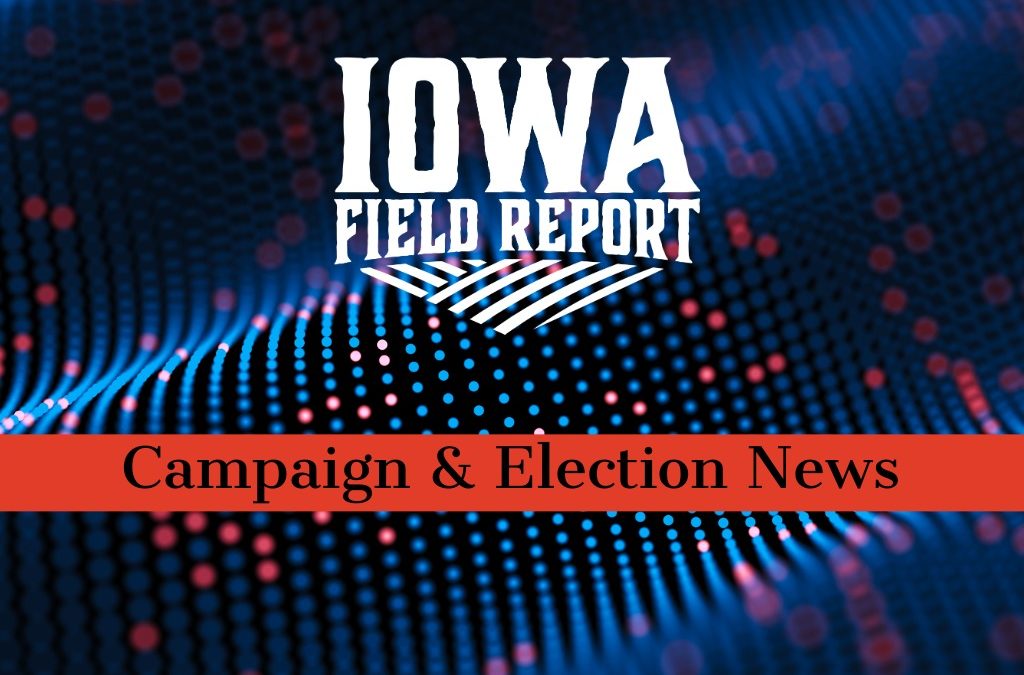Touring a family farm in Carson, Agriculture Sec. Mike Naig and Republican attorney general nominee Brenna Bird met with local farmers in Pottawattamie County to discuss issues affecting the agricultural community.
Local farmers brought up issues ranging from the record cost of vital inputs such as fertilizer, diesel, and pesticides; issues procuring inputs and spare parts due to supply chain issues; and regulatory headaches. Naig and Bird both pledged support for Iowa farmers.
Naig has been in office since March 2018, and is running for re-election this November. During his tenure so far, Naig has had to oversee disruptions to Iowa’s keystone agricultural sector caused by retaliatory tariffs by China during the Trump administration’s trade crackdown, the COVID-19 pandemic, and now the Biden administration, which has sought to expand cumbersome regulations such as the Waters of the U.S. (WOTUS) rule – which affects around 97 percent of all land in Iowa – and pursued anti-energy policies that have driven the prices of energy and energy-intensive products such as fertilizer to record levels.
Bird, who is running to unseat Democrat Attorney General Tom Miller, the longest serving state attorney general, also underscored the current attorney general office’s lethargic handling of issues that are of key interest to the agricultural sector. “Well, he’s not doing much at all,” Bird told a farmer who asked about what Miller is doing on a range of regulatory issues.
Another farmer had to ask Bird who exactly the attorney general even is, unaware of Miller or his decades-long tenure. Miller has been criticized for a perception of complacency both on the job and campaign trail. Along with former Democrat senate candidate Abby Finkenauer, Miller faced challenges to his nominating petitions; Miller made the June primary ballot with just one vote to spare from Story County.
Republican strategists suggest Bird’s outreach to the agricultural community could be a key factor in helping her defeat Miller.
Iowa is home to around 85,000 individual farms. The agriculture sector employs over 200,000 Iowans and comprises over nine percent of the state’s GDP – in large part thanks to Iowa’s position as a national leader in corn, soybean, and hog production. With continued collapse of support among rural Americans for Democrats, the farm vote could very well play a critical role for Republican aspirations in the Iowa attorney’s general race.



